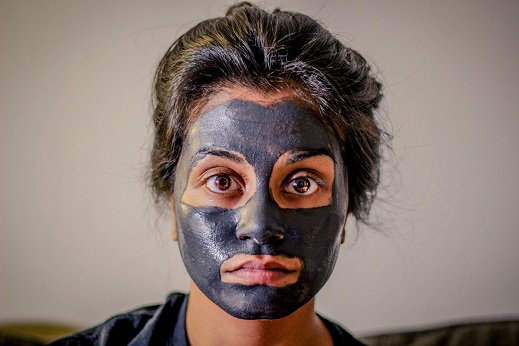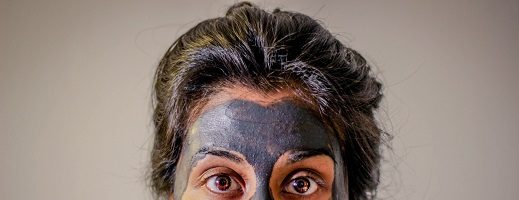
There isn’t much a good facemask can’t cure. Whilst we have all been tucked away at home, with salons across the country closed, many have turned to DIY skincare remedies for their concerns. However, how safe is making your own skincare?
Nowadays, some are looking for a more natural, “cleaner” alternative to store brought products. Yet, making your own masks, or other skincare, from the contents of your fridge is not always better.
Why?
Home-made products do not contain preservatives, so bacteria can grow easily in them and lead to breakouts. Some recipes found online use eggs, which contain salmonella, and this can be very dangerous for your health. Furthermore, some at home facial scrub recipes suggest using things such as sugar, nutshells and coffee grounds. These are too harsh for the skin and will create microscopic tears. This will invite bacteria to infest and can cause breakouts and oversensitivity.
If you did want a safe at home alternative, look to ingredients such as cinnamon, very finely ground organic oatmeal and a very small amount of baking soda. These are your physical exfoliators. A chemical exfoliator to use at home would be pineapple juice, which contains Vitamin C and Citric acid, and even milk, which contains lactic acid.
So…you could mix a small amount of pineapple juice with a few finely ground organic oatmeal to create a safe at home scrub! Of course, I would suggest only making enough for one use, as not to waste ingredients, but also, so no bacteria can grow in any leftover product you may have.
Yet store brought products aren’t always for everybody, and some love using home-made alternatives, and this is fine! You just need to be knowledgeable about what you are using and how it will affect your skin.
One mask which I have personally used myself at home is a honey-based mask. My skin can flare up with spots and become sensitive, and honey is one of the best natural ingredients that calms the skin and reduces inflammation. Just try not to eat it, and you will be a little sticky! I mixed 1 teaspoon of honey with 1 teaspoon of coconut oil to add in a boost of hydration and slip to the mask.
Another mask that is safe and effective for at home use is a recipe to treat hyperpigmentation (dark spots) on the skin. Now…hyperpigmentation is very difficult to treat. As a skincare therapist, I know this from experience and training I have received over the years. But it is not impossible!
I have found the best method is professional-grade chemical facials peels. As the pigmentation is deep down in the dermal and epidermal layers of the skin, caused by the overproduction of melanin from factors such as sun exposure and inflammation. Therefore, you need a product/treatment that will treat the skin all the way down and treat it at the source.
Naturally, this has been a little difficult whilst salons have been closed. So, an at home mask containing a tablespoon of fresh lemon juice, turmeric powder and honey is a topical alternative at the moment for anyone with concerns. You will actually find turmeric in many skincare products anyway, as it has been clinically proven to treat hyperpigmentation, reduce skin irritation and even help treat some fine lines. The lemon juice is naturally acidic, and will help to exfoliate the skin, whilst the honey will calm, nourish and hydrate.
Of course, as a skincare therapist, I know there are many brands out there that boast a wide range of clean, vegan, cruelty free products that have a little more kick than DIY products. Such as REN, who are sustainably sourced and packaged. They’re clean to the planet, and are on track to become Zero Waste in 2021!
Elemis also have their “Superfood” line, these products contain ingredients such as organic pumpkin seed oil and ginger. Everything you would want in a green smoothie in a skincare bottle.
So, if those products pique your interest, you can find links below to our Pure Beauty Retail Website.
I hope everybody is keeping safe and well, and that your skin is happy and healthy!

